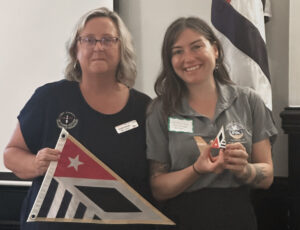News
SPOTLIGHT: Avian flu and the poultry industry's lack of transparency
Posted on April 7th, 2022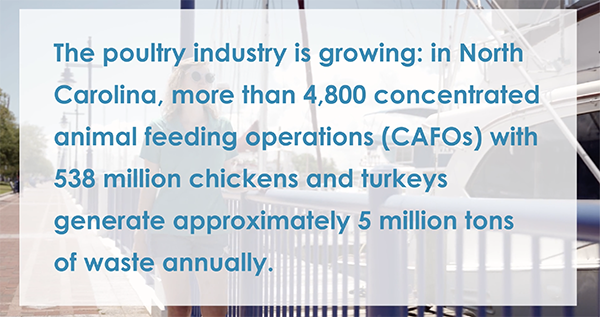
The poultry industry is growing and largely unregulated, which makes it nearly impossible to understand the environmental impact it’s having on our waterways and communities. This is made even more clear when emergencies, such as the current avian flu outbreak, happen.
Last week, we shared an article in the Sound Rivers eNews highlighting one industrial poultry facility’s outbreak of avian flu. This week, the virus has spread to more facilities in Johnston and Wayne counties, both of which are in the Neuse River watershed.
An outbreak of avian flu means thousands of birds must be killed to prevent the spread of the virus. In the initial Johnston County facility’s case, 32,000 turkeys were destroyed. Their disposal is what has Pamlico-Tar Riverkeeper Jill Howell concerned, which ties into a much larger issue: the lack of transparency and regulation for poultry CAFOs (concentrated animal feeding operations).
Watch the Sound Rivers video about the problem with industrial poultry facilities.
“All of the concerns we have about the impact of poultry CAFOs are exacerbated during times of emergency, such as during flooding or, like now, outbreaks of avian flu,” Jill said. “To dispose of birds in such a huge quantity, the only options are either composting or mass burial. Both of these disposal methods, if not done properly, can have impacts to adjacent surface waters or groundwaters.”
Because the locations of these poultry facilities are not transparent, neither are their disposal methods.
“Disclosure of where these outbreaks are happening and what method is being used to dispose of birds that are culled — we have to go hunting around for that information,” Jill said. “It’s difficult for us to know where these outbreaks are. We have to cobble together this information from the limited statements given by agencies, what’s in the news, and by actually flying over facilities and seeing for ourselves. Impacts from the poultry industry at baseline are significant, but in times of emergency, they’re even worse.”
Since the news broke about the first North Carolina poultry facility being hit by avian flu, it’s been detected in seven more facilities in Johnston and Wayne counties.
“We anticipate that the virus is just going to keep spreading, so we will continue to try to stay up to date on where those facilities and how these operations are disposing of the birds,” Jill said.
Related News
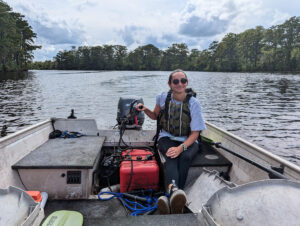
Riverkeeper monitoring Tar-Pamlico Water Trail
July 25th 2024

Rain ramps up trash-trap cleanouts
July 25th 2024

Riverkeeper, intern take on emergency trash trap cleanout
July 25th 2024

Tar-Pam Riverkeeper investigates Cub Creek turbidity
July 25th 2024
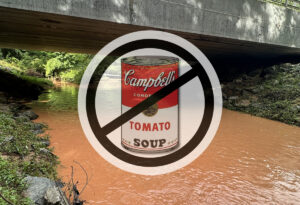
Heavy rains lead to sky-high turbidity on Lick Creek
July 25th 2024
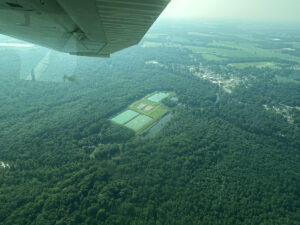
Riverkeeper: What goes up, must come down
July 18th 2024
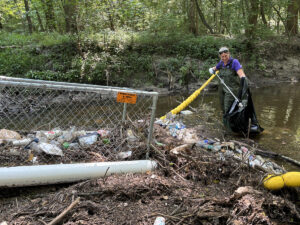
Greenville’s trash trap gets emergency cleanout
July 18th 2024

Sound Rivers gets close up of cyanobacteria
July 18th 2024
